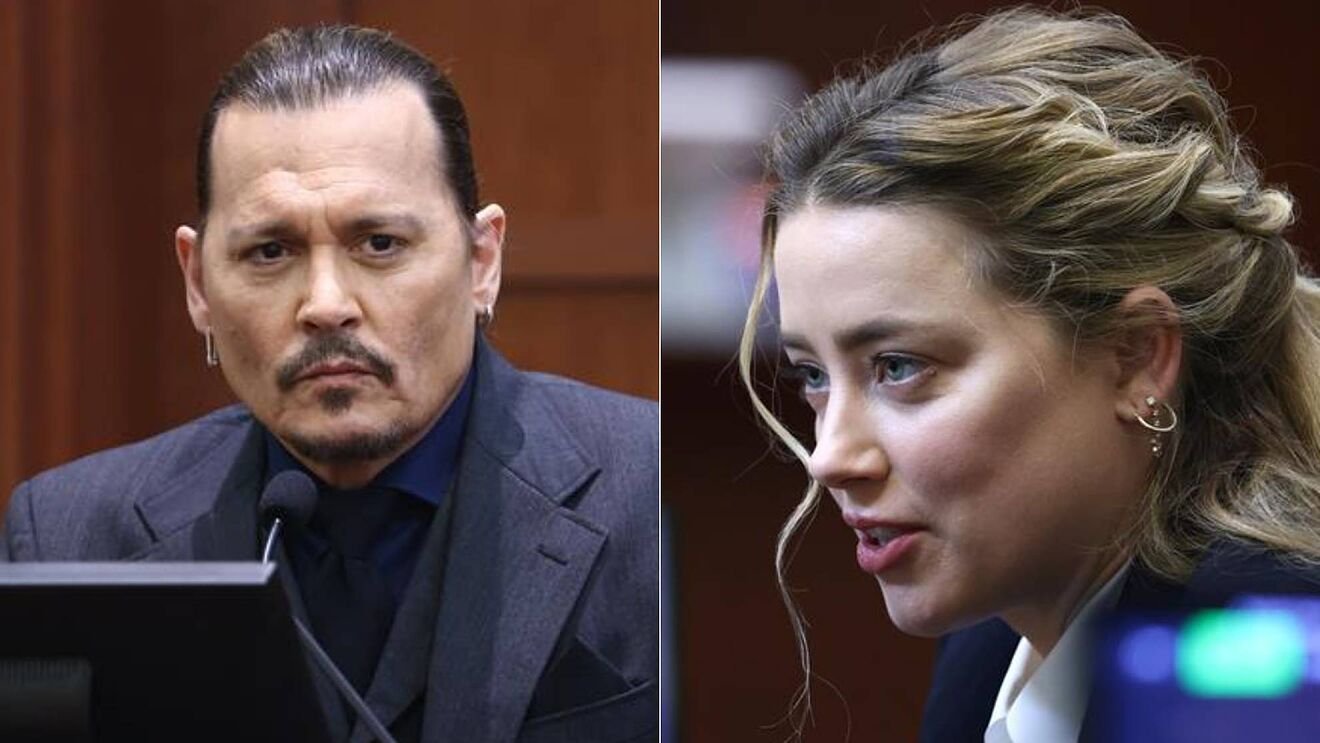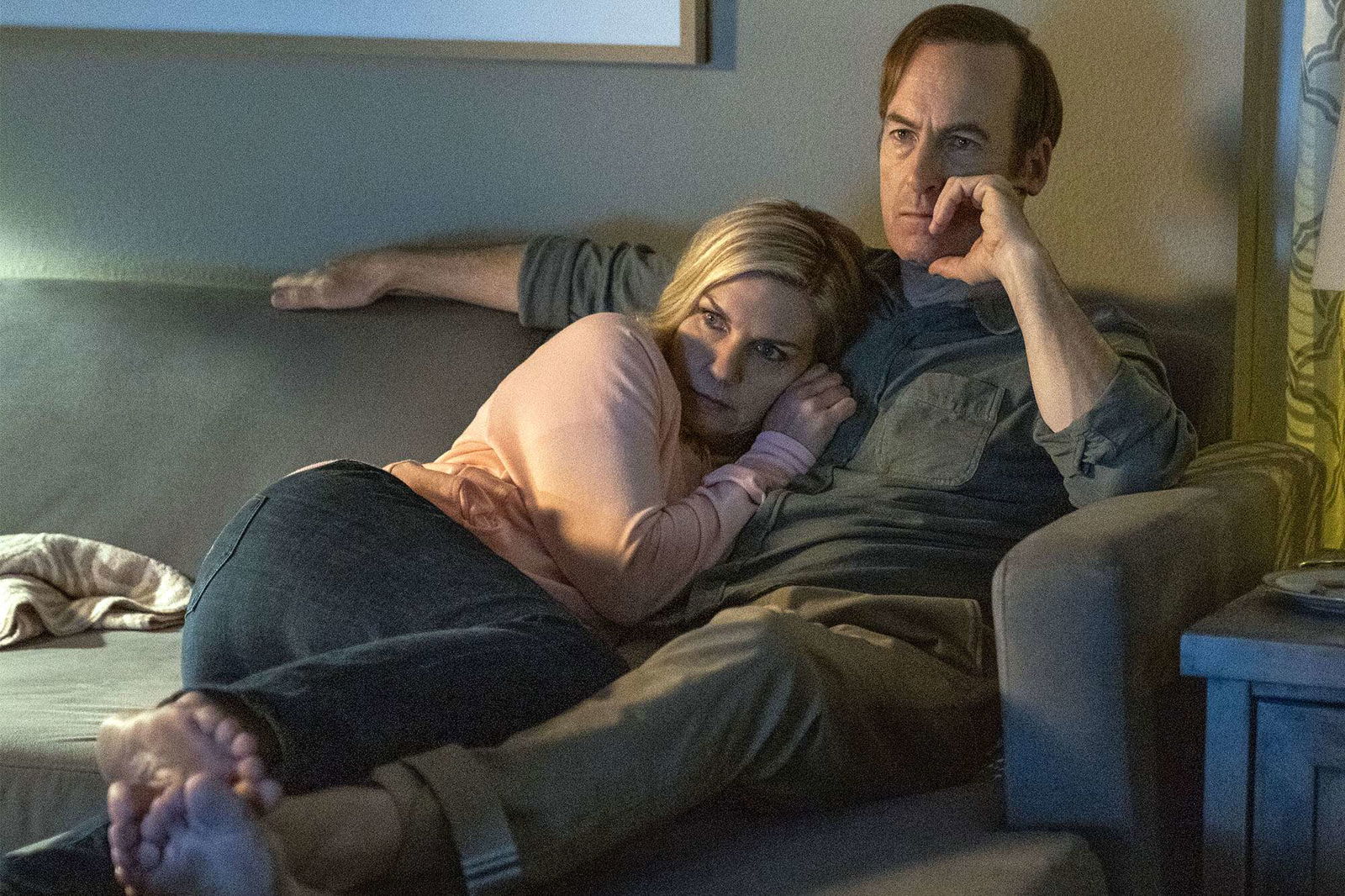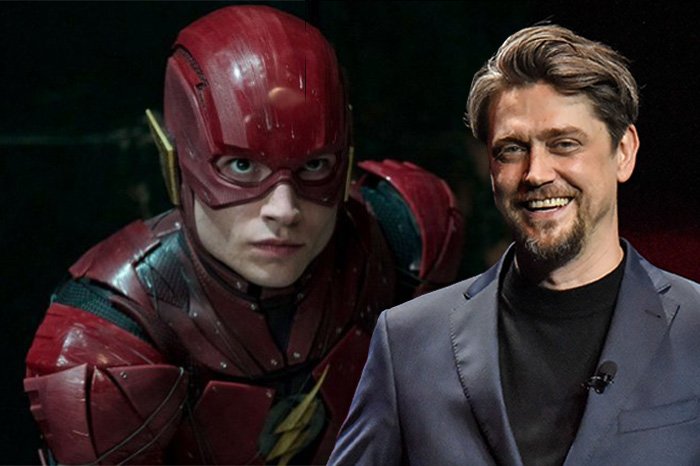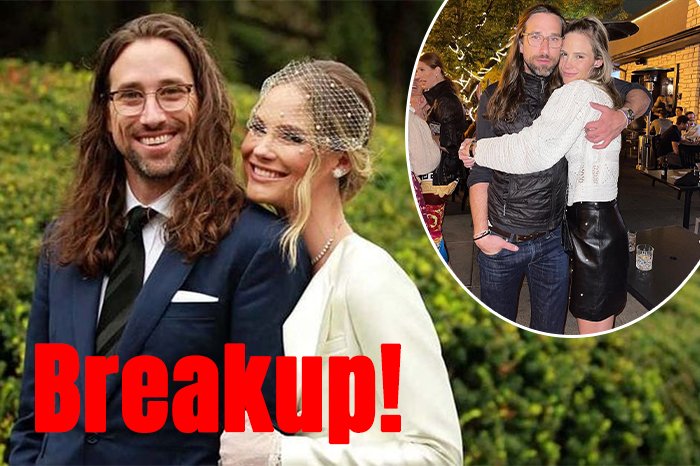 Johnny Depp sued Amber Heard. Image Source: MARCA
Johnny Depp sued Amber Heard. Image Source: MARCA
Johnny Depp sued Amber Heard for the op-ed she wrote in 2018 for The Washington Post, alleging that the op-ed in which she described herself as a survivor of domestic violence had harmed his reputation and that he had lost several projects since the accusations came out.
The former couple is currently in a court battle that started on April 11th which is being conducted in Fairfax County Court, Virginia, and is expected to last up to six weeks. On Thursday, the ACLU's Chief Operating Officer and General Counsel, Terence Dougherty, testified in a pre-recorded deposition where he mentioned that Amber Heard had not yet paid the organization the donation she had promised.
Terence revealed that Amber Heard had paid only $1.3 million to the organization and that a large portion of that sum had been received from other parties, including Elon Musk. Terence Dougherty testified that the ACLU received only $350,000 directly from Amber Heard in 2016 and that a check for $100,000 was given to them by Johnny Depp on Amber Heard’s behalf, as well as $350,000 was donated from a donor-advised fund at Fidelity and $500,000 from a donor-advised fund at Vanguard.
Terence Dougherty believes that the latter donations came from a fun set up by Elon Musk, who started dating Amber Heard after her split from Johnny Depp. These donations come about the promise that Amber Heard made to donate half of the money to the ACLU, which she got as a part of her divorce settlement, which was $7 million, and the other half to Children’s Hospital Los Angeles. Although Terence Dougherty said that he could not confirm whether Elon Musk donated $500,000 on Amber Heard’s behalf or not, he mentioned an email that Tesla's owner sent to ACLU executive director Anthony Romero.
In the mail, Elon wrote to Anthony that Amber Heard was going to donate or pay $3.5 million over 10 years, but added that the organization stopped receiving the payment after they learned that Amber Heard was having financial difficulties. Terence Dougherty also mentioned in the courthouse that Amber Heard had never signed a pledge form the ACLU had prepared for her and had asked the organization not to issue a press release about her pledge donation.
It was also revealed during the testimony that it was the ACLU that had drafted the op-ed under Amber Heard’s name, reflecting her role as an ACLU ambassador on the gender violence issue. Terence Dougherty shared that they wanted someone with "authentic stories" to speak on such a sensitive matter, and Amber Heard had mentioned several things from her personal story about having been a survivor of gender-based violence.
According to the evidence, Amber Heard pushed to have details of her marriage with Johnny Depp in her op-ed even though her lawyers had advised her not to include them, as it did not run afoul of a nondisclosure agreement she had with Johnny Depp when they settled their divorce.
Terence Dougherty testified about the push and pull that occurred between the first draft and the publication of the op-ed, which was strategically timed with ACLU and Amber Heard to coincide with the release of her movie "Aquaman." It was disclosed that the essay that Amber Heard’s lawyer had approved for publication was sent back by Amber Heard to Jessica Weitz, an ACLU employee who was coordinating with the actress, and the email pointed out that the actress wanted the deleted passage to be restored. Terence Dougherty also mentioned that the ACLU had the responsibility of placing the op-ed and considered the New York Times, The Washington Post, USA Today, and Teen Vogue as the options.
The decision to get the op-ed published in The Washington Post was made by the ACLU as they reached out to the editor of the Post, Michael Larabee. The op-ed was titled "Amber Heard: I spoke up against sexual violence – and faced our culture’s wrath. That has to change, " but the ACLU was not responsible for the headline in The Washington Post.
The final op-ed that was published did not name Johnny Depp, but the actor mentioned that as soon as the op-ed was published, he could see how things started to change for him and he was dropped out of various projects. Terence Dougherty testified that the language that was used in the final op-ed was very different from the original drafts and did not refer to Johnny Depp’s relationship with Amber Heard.
Johnny Depp had previously testified during his cross examination that he was deeply hurt when he read the op-ed and when asked that it did not mention his name, the actor stated that there is always a sneaky way in which you can point fingers at someone without actually pointing fingers.
Amber Heard is expected to take the stand next week.





